
Turkey is located in Southeast Europe and West Asia and is bordered by Bulgaria to the north, Georgia to the northeast, Armenia, Azerbaijan and Iran to the east, Iraq to the southeast, Syria to the south, and Greece and the Aegean Sea to the west. Is. Turkey has two sea coasts (Sea of Marmara and Aegean Sea) and a small sea coast of the Caspian Sea. In terms of climate, Turkey has a moderate and humid climate in the north and a semi-desert climate in the south. The capital of Turkey is Ankara, but Istanbul is also important as a larger and more economical city. Turkey has a republican system of government and the president acts as the leader of the country. In Turkey, the economic system is generally based on the market economy. The currency of Turkey is the Turkish Lira (TRY). Turkey has a complex culture that dates back to Turkey being the crossroads between Asia and Europe. The official language is Turkish and the majority of Turkish people speak Turkish. The majority believe in Islam, but the population of Turkey includes minorities such as Kurdish, German, Laz, Greek, Zaza, Assyrian and Armenian. Education in Turkey is highly developed and has prestigious universities and higher education centers. Turkey has a large and dynamic market in which various industries such as automotive, electronics, cement, textile, food, machinery manufacturing, clothing and tourism operate. In recent years, Turkey has been recognized as one of the attractive countries for investment in the world market rankings. Turkey`s imported products include machinery, electronics, petroleum products, food, metals, market and trade and industry of Turkey is generally dynamic and extensive. Turkey is one of the largest and most diverse markets in the Middle East region and has established business relations with various countries. Turkey is a member of the World Trade Organization (WTO) and uses various agreements and trade unions such as the European Customs Union (EU) and the Turkey-Iran Customs Union (TITR). Turkey carries out a wide range of exports, including exports of textile products, food products, automobiles, electronics, machinery, chemical products, and mineral products. Some of the big countries that do business with Turkey are: Germany, Iran, Iraq, Italy, England, France, Russia and the Netherlands. Most of Türkiye`s income is obtained from exports and tourism services. Turkey`s tourism sector with its historical, cultural and natural attractions attracts millions of tourists every year and generates significant income for the country. In general, Turkey has a dynamic and agile market and has been able to gain a strong position in the region and the world in terms of trade and industry. Due to its strategic geographical location, natural resources, skilled workforce and industrial diversity, Turkey is highly attractive for investors and businessmen.
-
 Cumin 8 months ago
Cumin 8 months ago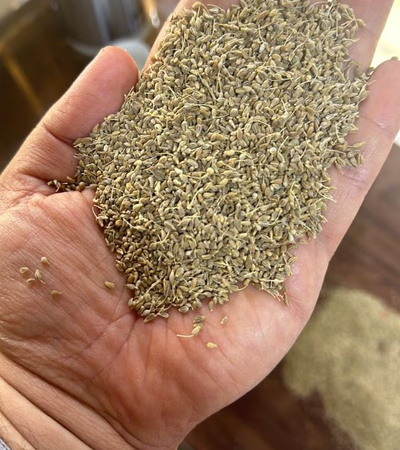 Turkey
يانسون
Turkey
يانسون
We are zanati company syrien We work in spicesDetails
-
 Ahmet Ebu Halıl 1 months ago
Ahmet Ebu Halıl 1 months ago Turkey
Existing
Turkey
Existing
Iron raw materialDetails
-
 Dempo Gıda Ambalaj 1 months ago
Dempo Gıda Ambalaj 1 months ago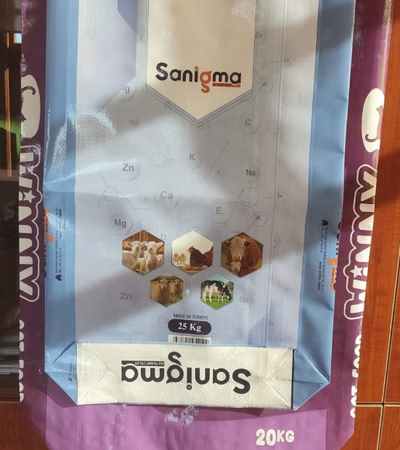 Turkey
Bags
Turkey
Bags
We are a leading company based in Konya, Turkey, specializing in the production of a wide range of bags, including fertilizer bags, chemical bags, con...Details
-
 Hassas Plastik San Ve Tic. A.S. Bursa Turkey 1 months ago
Hassas Plastik San Ve Tic. A.S. Bursa Turkey 1 months ago Turkey
ABS ER400, ABS MATT
Turkey
ABS ER400, ABS MATT
We are acquiring ABS ER400 - ABS super matte raw material.Details
-
 Ahmad Almasri 1 months ago
Ahmad Almasri 1 months ago Turkey
Old Coins and Meteorite Stones
Turkey
Old Coins and Meteorite Stones
Meteorite StonesDetails
-
 Cihan Ticaret 1 months ago
Cihan Ticaret 1 months ago Turkey
Construction materials, hand tools, and generators
Turkey
Construction materials, hand tools, and generators
“Your Reliable Address for All Construction Needs! ” Complete your projects with confidence using high-quality construction materials, hand tools, and...Details
-
 Kadir Altas 4 months ago
Kadir Altas 4 months ago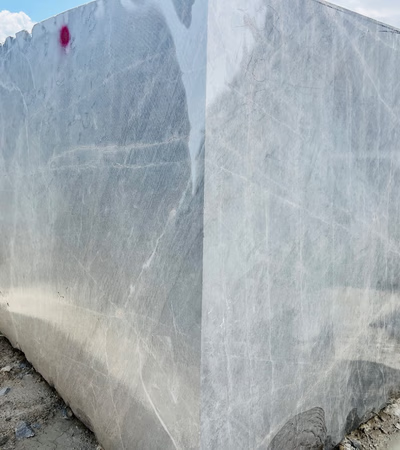 Turkey
Block Marble Travertine
Turkey
Block Marble Travertine
Raw block marble travertine and processed marble travertineDetails
-
 Erkan 1 months ago
Erkan 1 months ago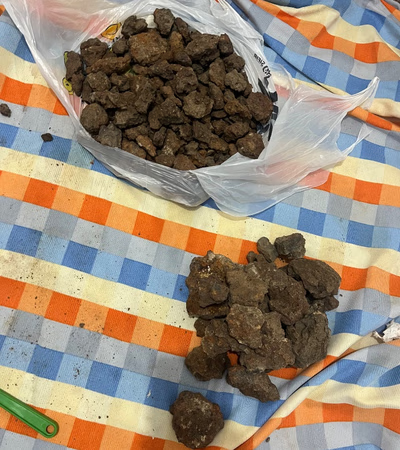 Turkey
Meteorites
Turkey
Meteorites
Meteorites approximately 20 kilosDetails
-
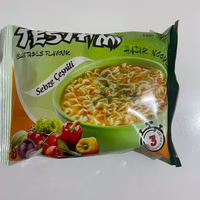 Ozeksi 5 months ago
Ozeksi 5 months ago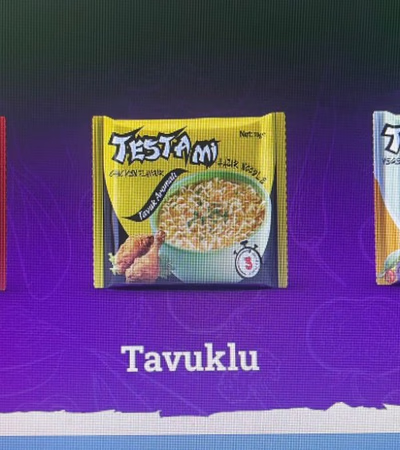 Turkey
noodles
Turkey
noodles
wheat noodles, pastaDetails
-
 Alireza 1 months ago
Alireza 1 months ago Turkey
Bitumen
Turkey
Bitumen
Various types of bitumenDetails
-
 Halit Kurt 2 months ago
Halit Kurt 2 months ago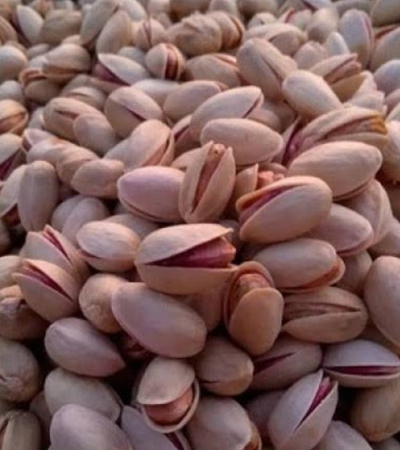 Turkey
Hazelnut, Pistachio
Turkey
Hazelnut, Pistachio
Customers who want hazelnuts and pistachios, please contact us.Details
-
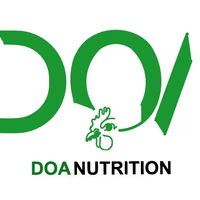 Doa Nutrition Gida Ve Tarim 3 months ago
Doa Nutrition Gida Ve Tarim 3 months ago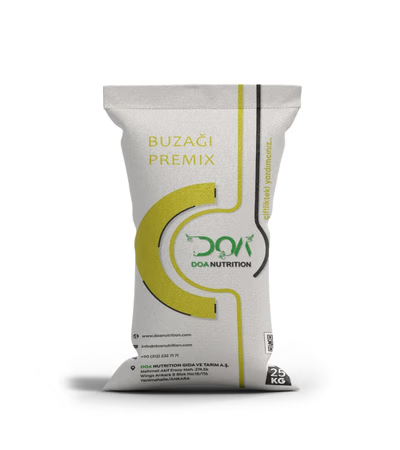 Turkey
poultry premix
Turkey
poultry premix
Our Product Groups Premix Groups Concentrate Groups Feed Groups Animal Health Products Premixes and feed additives . High quality Turkish product for ...Details
-
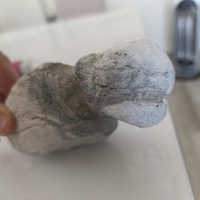 Halil 1 months ago
Halil 1 months ago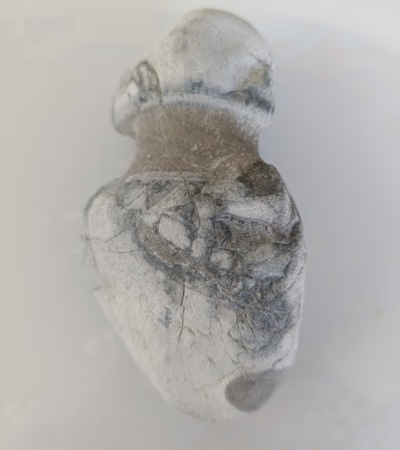 Turkey
halil Mehmet halil
Turkey
halil Mehmet halil
has been found on the beachDetails
-
 Cudi Melleahmed 1 months ago
Cudi Melleahmed 1 months ago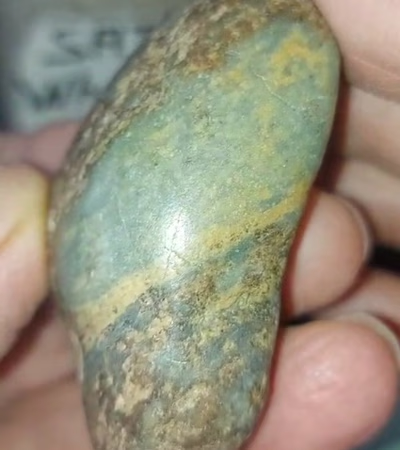 Turkey
Meteorites
Turkey
Meteorites
There are many meteoritesDetails
-
 Fikri 5 months ago
Fikri 5 months ago Turkey
Real Estate and Meteorite
Turkey
Real Estate and Meteorite
Sale of all kinds of real estateDetails
-
 Hasan 1 months ago
Hasan 1 months ago Turkey
Manuscript
Turkey
Manuscript
ManuscriptDetails
-
 Petro Kimia Alfa 1 months ago
Petro Kimia Alfa 1 months ago Turkey
Petrochemical Products
Turkey
Petrochemical Products
Exporter of petrochemical products from IranDetails
-
 Bitas Yatak Baza Uyku Sistemleri 1 months ago
Bitas Yatak Baza Uyku Sistemleri 1 months ago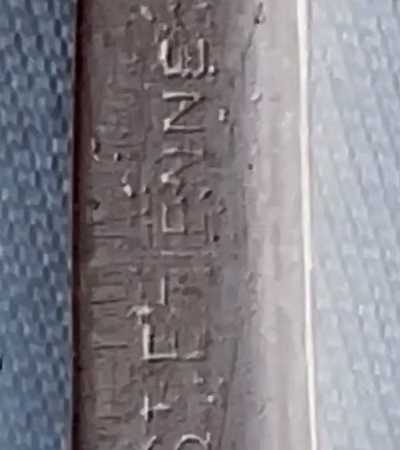 Turkey
Art
Turkey
Art
ArtDetails
In 2025, Turkey"s economic landscape presents a paradoxically volatile yet promising scenario for international trade. Despite a notable GDP increase from $819 billion in 2021 to an expected $1. 12 trillion in 2023, Turkey grapples with substantial inflation pressures, peaking at 72. 3% in 2022 before moderating to 53. 9% in 2023. This stark contrast with the global inflation average of 8. 6% in 2023 underlines significant economic instability. Trade indicators illustrate a mixed performance.
Turkey"s export of goods and services, comprising 31. 9% of GDP in 2023, falls short of the global average of 32. 1%. Meanwhile, gross capital formation in Turkey, at 29. 9% of GDP, surpasses the global benchmark of 23. 8%, indicating robust domestic investment. However, the agricultural sector, contributing 6. 16% to GDP, is underperforming against the global average of 11.
36%, hinting at untapped potential in agribusiness. Examining merchandise trade, Turkey"s import value indices declined to 99. 5 in 2023, aligning with global trends (101. 1). Similarly, export value indices stabilized at 100. 5 compared to the global 102. 3, suggesting competitive equilibrium. Realignment of trade strategies could capitalize on Turkey"s stronger industrial value added (28.
4% of GDP) compared to the global 29. 5%. Opportunities abound in the services sector, contributing 54. 1% to Turkey"s GDP, surpassing the global average of 52. 85%. This dominance signals potential for expanding service exports. For businesses aiming to penetrate these expanding markets, platforms like Aritral. com offer essential tools for effective market entry.
Through its AI-driven services, Aritral. com enables businesses to list products, engage in direct communications, and manage global sales operations, crucial for navigating Turkey"s evolving economic landscape effectively.























